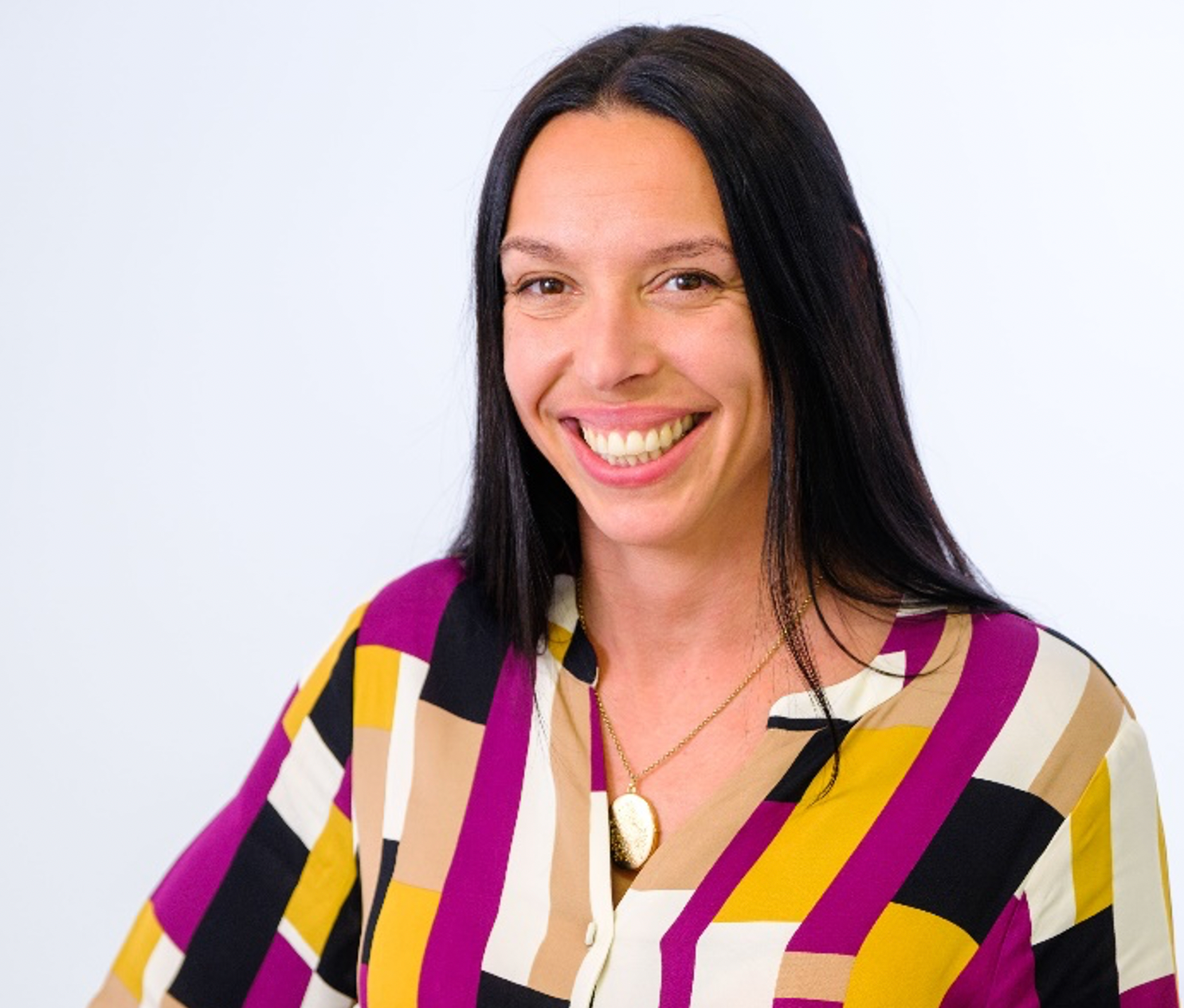Globally, do we need to consider whether our current education systems & curricula are best suited for life in today’s world?
I am a teacher in a primary school in north Cumbria, I am also a governor of a secondary school. I am a mum to two teenagers (one studying A levels and one studying a foundation degree at college). I have worked in education for over a decade now, initially working as a teaching assistant. This year I am serving as National President of the National Education Union.

Nelson Mandela famously said, ‘Education is the most powerful weapon which you can use to change the world.’ This sentiment is the reason that myself, and in fact most of the other educators I know, entered the profession - to make a real difference in the world. We see, in our classrooms, every single day the difference that a great education can make to an individual and the difference that in turn makes to a community.
But can we honestly say that our current education system and curriculum empowers or even allows us to make a difference? Am I developing a sense of belonging and identification with self and with their community in the young people I work with, while at the same time giving them some of the tools needed to engage with and develop a genuine interest and connection with the wider global context we currently live in? Do the systems and cultures I work in, and indeed other education systems globally, enable me and my fellow educators to best do that for every pupil we work with - pupils who come to us from very different social, cultural and economic backgrounds to others in the same classroom and again to others in their local community and the wider world.
Target 7 of Sustainable Development Goal 4 calls on governments to ensure all learners acquire the knowledge and skills needed to promote sustainable development and an appreciation of cultural diversity known widely as global citizenship education. For some schools I have worked in these principles have been central to everything they do but these are schools where headteachers, governing bodies and educators must fight hard to find the resources and, more challenging, to find the time to include those elements of education that are not as easy to measure.
Globally, our education systems are increasingly being privatised, budgets are being starved and toxic testing coupled with onerous and oppressive accountability systems has taken over. All these factors have not only made it more difficult for educators to find the time, focus and resources to deliver a broad and balanced curriculum, they have also contributed to a genuine crisis in teacher recruitment across the globe.
We live in the reality of a current global climate where the politics of division and hate are commonplace, far right populism is gaining ground and strength in many countries around the world and fake news is being deployed as a tool to turn even more people to negative and frightening ideologies. Minority groups and the vulnerable are frequently being demonised by the mainstream media and blamed for the world’s woes. Our democratic systems are under threat and climate change is a real and present danger to our entire existence. Now more than ever we need excellent educators who are well trained, supported, and crucially, trusted to use their professional judgement to deliver a curriculum which is designed to make that difference to the young people that we work with and empower them to change the world.
Trade unions, such as my own, have done some fantastic work in this area by providing training, creating resources to use in the classroom and providing research to inform educators. But until we adequately fund our education systems, including ensuring that educators are paid appropriately for their work, and trust our education professionals to deliver a curriculum that is best suited to the pupils they work with and the world we live in, can we honestly say that we are really fulfilling our calling to use education to change the world?
This article first appeared in Engage 25.




